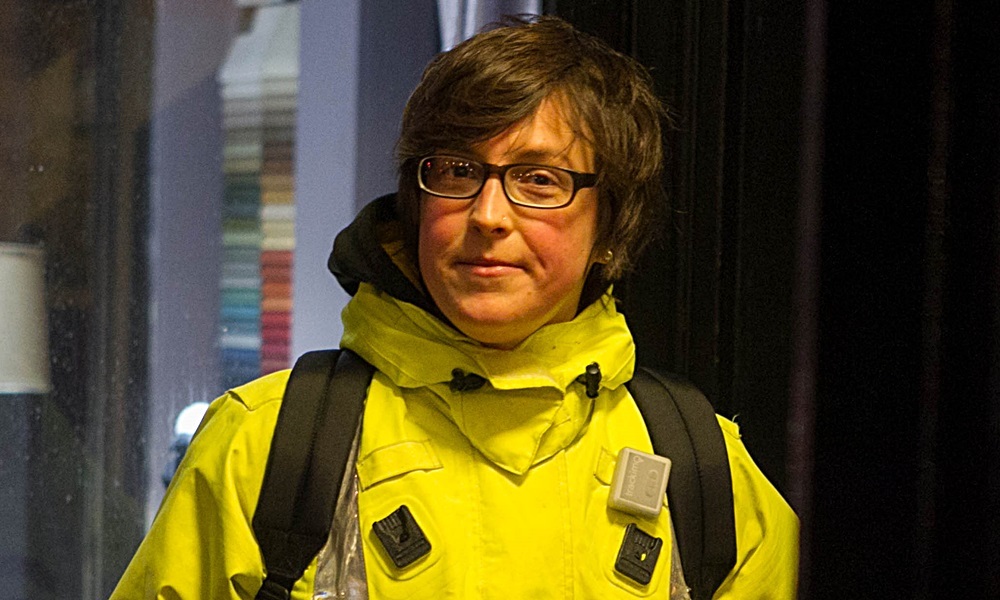A pair of “strange” polls have appeared on the social media page of a controversial £15,000 art project by a Dundee lecturer.
After over a month of silence on the Glasgow Effect’s Facebook page, project creator Ellie Harrison today asked whether more time equalled better teaching and whether more money made for better art.
The responses ranged from confusion to personal abuse, with a few insightful answers thrown in.
Responding to the first question, a woman wrote: “Totally depends…allowing time for things to develop is crucial, but also limitations can often be the most educational.”
However, other social media users were less than impressed with the polls.
One man wrote: “She has the chance here (to communicate with the public), yet chooses these inane polls.
“She has been silent on this page pretty much from the start of the criticism, much of which was valid, yet she comes back to the group with these ridiculous little polls rather than a statement of any sort?”
To the question “Does more money equal better art?”, a Facebook user said: “Your little polls after a long silence are a really strange and awkward way to interact with the people on this page.”
Another wrote: “I kind of think the audience determines the ‘better’ of the art. But artists need to make a living. If they starve to death then they cant produce for the people to decide.”
The Glasgow Effect, an experiment that will see Ellie Harrison live in Glasgow for a year without leaving the city, launched on New Year’s Day.
Described as a “durational performance”, it aims to explore how an artist’s career, social life, family ties, carbon footprint and mental health would be affected by staying within the city’s boundaries.
The Glasgow Effect has been accused of “exploiting poverty” and “mocking the city” due to the title, which refers to the poor health and low life expectancy of Glasgow residents.
Ms Harrison attempted to explain the aim of the project at a public event earlier this month but a fellow artist who attended described the explanation as “waffle”.
The project has a blog page where the public can follow its progress but so far no updates, other than the artist’s funding application, have been posted.
The link to the blog has this week been removed from the project’s Facebook page.
So far Ms Harrison has declined to speak to the Courier.
